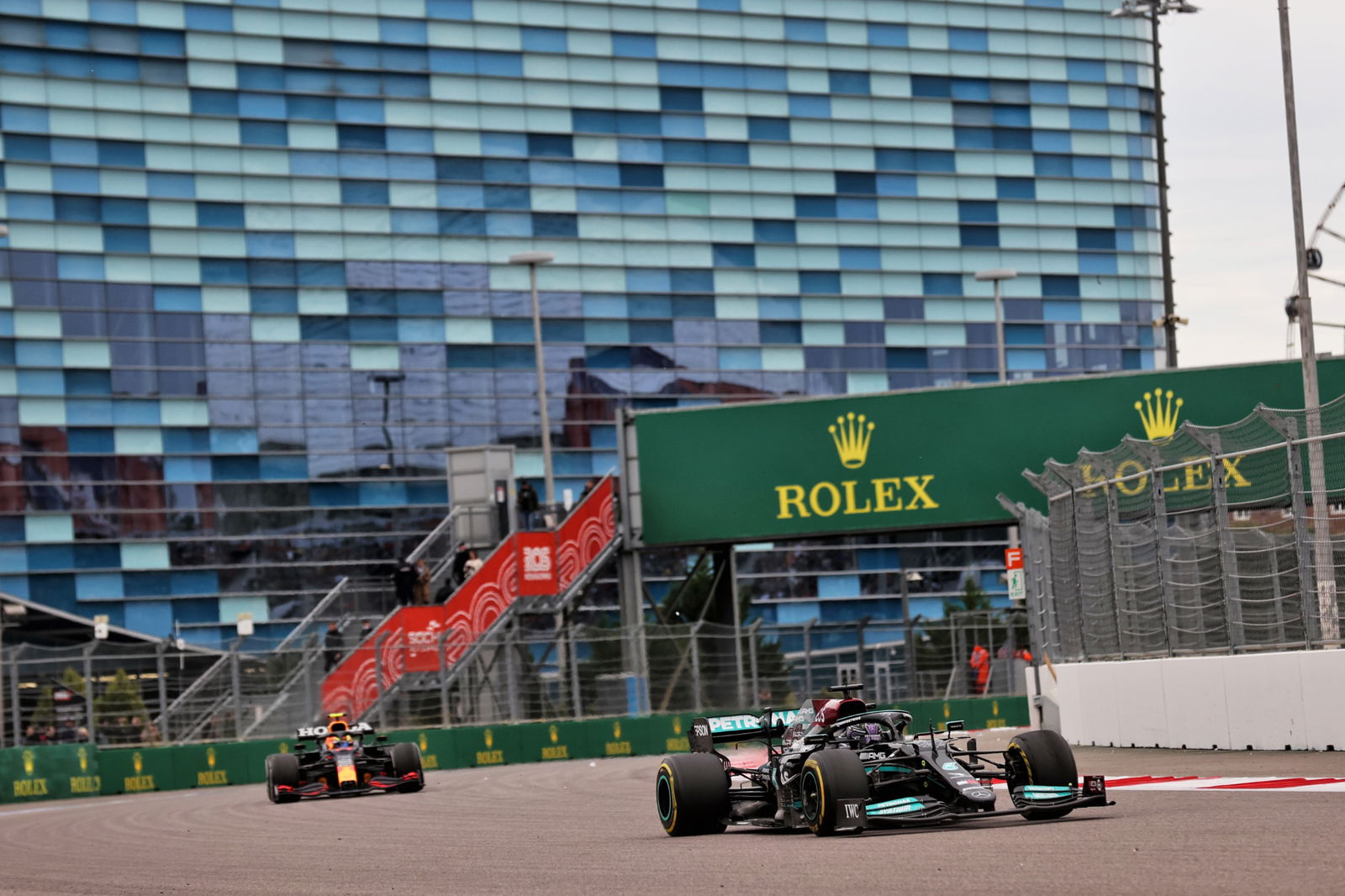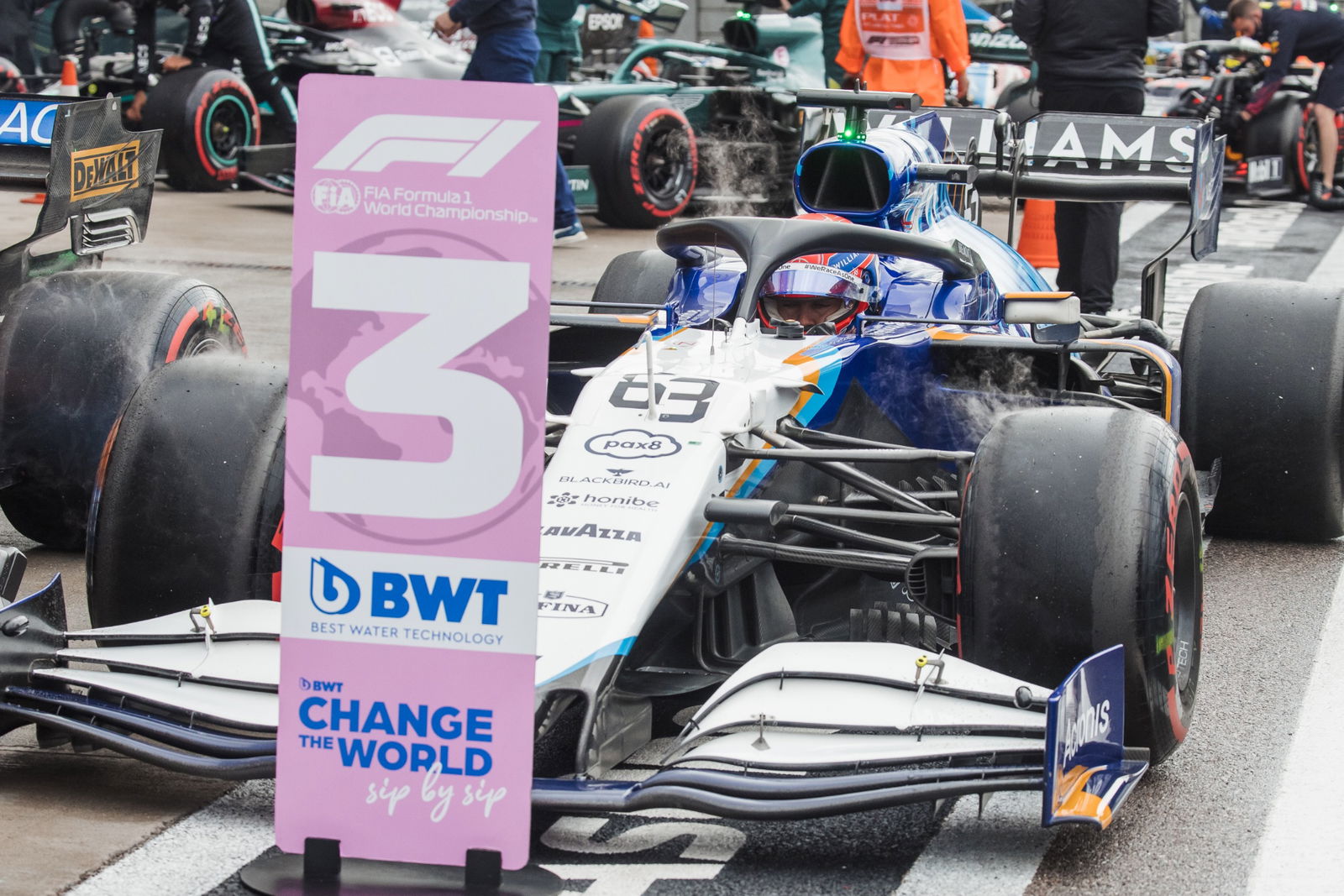How F1 is aiming to create its ‘game-changer’ sustainable fuel

The next generation of power unit is set to be powered by a laboratory-created “100% sustainable” feel that F1 claims will match the current level of performance while producing fewer emissions and cutting its greenhouse gas emissions by “at least 65%”.
A first step towards its net zero carbon goal will be made in 2022 when F1 moves to a E10 fuel, a combination of 90% fossil fuel and 10% ethanol. That will mark a drop of five percent in its usage of fossil fuels compared to the current figure of 95%.
The sport will then focus on making the switch to an all-new renewable fuel for the next generation of engines, which are scheduled for introduction in 2026.
F1 says the ‘drop-in fuel’ replacement can be used in a standard internal combustion engine “without any modification to the engine itself”.
Unlike the road-car market, F1 is leaning away from electrification and towards synthetic fuels because it is not possible to match the levels of F1 car performance using electricity at this stage.
Introducing the fuel of the future
— F1 Media (@F1Media) October 5, 2021
100% sustainable
Same power
And useable by vehicles across the world#F1 #Formula1 pic.twitter.com/HETuvPo5MI
Synthetic e-fuels are manufactured using an industrial process that captures CO2 from the atmosphere and combines it with low-carbon hydrogen to make fuel. The hydrogen is obtained from sustainable electricity sources such as wind, solar and nuclear power.
F1 is close to an agreement on a new engine design that may tempt the Volkswagen Group’s brands - most likely Audi or Porsche - to join the grid in 2026.
Porsche has already broken ground on a new CO2-neutral fuel plant in Chile with the aim of producing around 130,000 litres of e-fuels in 2022. That will be expanded in two phases to around 55 million litres by 2024, and to 550 million litres by 2026.
F1 says it is “actively engaged in discussions” with fuel companies about the exact quantities the world championship will need, as well as how it can be mass-produced for wider use in society.
Costs and scaling up production remain the biggest hurdles surrounding e-fuels. The UK alone currently consumes 46.5 billion litres of petrol and diesel each year, a figure that dwarfs Porsche’s projected targets.
Earlier this year, F1’s managing director of motorsports Ross Brawn told the BBC that hydrogen-powered cars could be the future of F1 beyond 2030.


